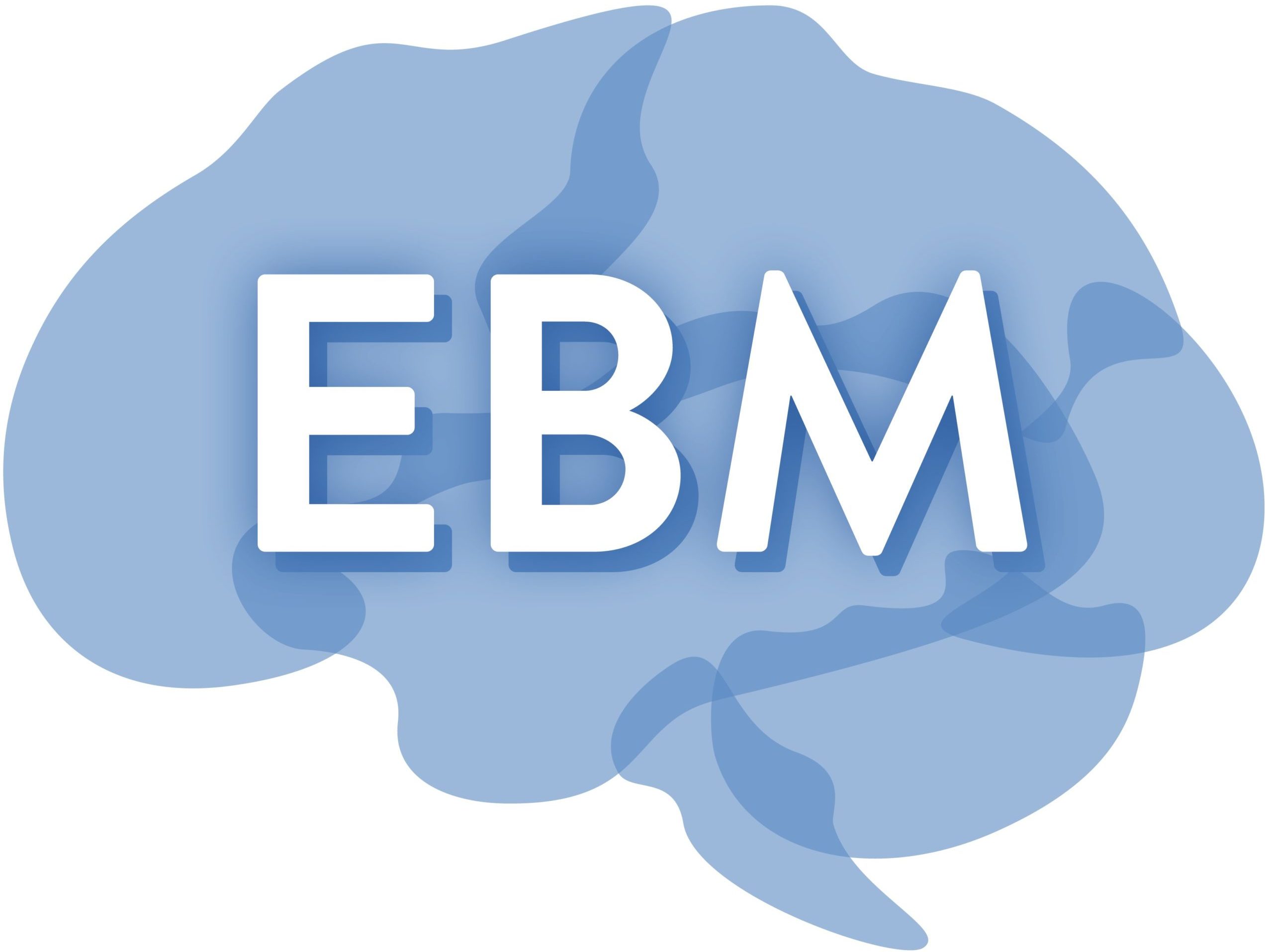C05: Molecular mechanisms of neuronal mechanotransduction
C05 will develop methods to investigate molecular mechanisms of mechanosensing and mechanotransduction in primary neurons isolated from the rat hippocampus and from frog retinae. Cells will be cultured in engineered hydrogels with highly non-linear mechanical properties that allow us to spatially and temporally tune the mechanical matrix properties by imposing defined matrix strain with magnetic actuators, global stretch, and arbitrary boundary conditions in the form of flexible pillars, walls, and ridges. We will then study mechanoresponsive cell behaviour, cell morphology, and morphodynamics through time-lapse video microscopy and 3-D traction microscopy. Cell and local matrix rheology will be analysed using particle tracking microrheology. Through pharmacological and genetic perturbations of cellular force transmission pathways, we will assess potential mechanotransduction pathways. Ultimately, we will design a minimalistic ‘artificial brain’ matrix with locally controlled chemical and mechanical properties to identify a minimal set of parameters to guide axons along defined pathways. These experiments will reveal how chemical and mechanical signals play together to regulate neuronal development, and likely also regeneration.
Project leader: Prof. Dr.-Ing. Ben Fabry
Positions: 1 doctoral researcher
